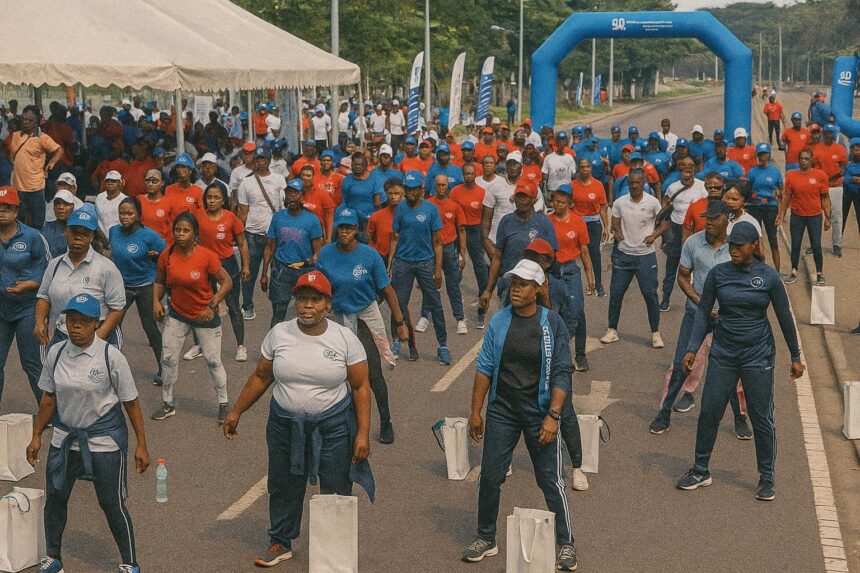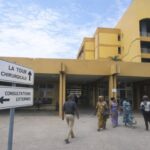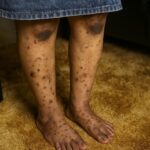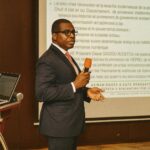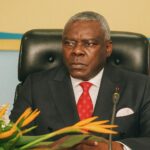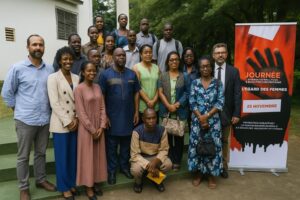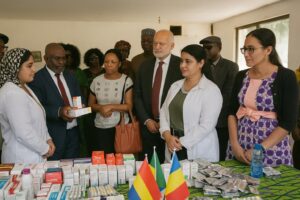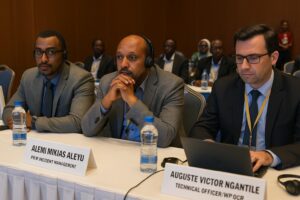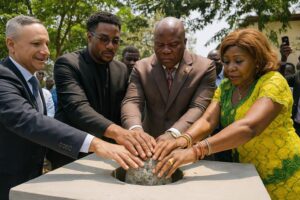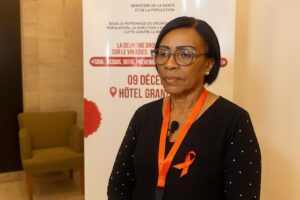Public health urgency drives the agenda
At dawn along the banks of the Congo River, the steady rhythm of amateur joggers contrasts with statistical alarm bells ringing in Geneva. The World Health Organization estimates that physical inactivity now contributes to roughly five million premature deaths each year, ranking as the fourth-leading risk factor worldwide (WHO, 2022). In Brazzaville itself, recent Ministry of Health surveys underline an urban lifestyle marked by extended screen time and diminishing incidental movement. Hypertension affects more than a quarter of adults, and type-2 diabetes is steadily rising. Against this backdrop, the quiet ritual of “sport de maintien” – recreational, non-competitive exercise – has gained newfound strategic relevance.
Government officials argue that the stakes transcend individual well-being. Non-communicable diseases already account for close to 35 percent of national mortality, straining a health budget that must also contend with tropical and zoonotic pathologies. Encouraging moderate, supervised physical activity for broad segments of the population is therefore framed both as preventive medicine and as an essential component of fiscal prudence.
From Sustainable Development Goals to Congo’s streets
The 2030 Agenda assigns sport an instrumental role in at least five Sustainable Development Goals, ranging from health to gender parity. Congo-Brazzaville’s draft National Sport for All Strategy, circulated for inter-ministerial comment in March, expressly cites SDG 3 on good health and SDG 5 on gender equality, echoing the assertion that “sport is a low-cost, high-impact tool” articulated in the latest United Nations report on sport and development (UN, 2023).
Under the guidance of President Denis Sassou Nguesso, the cabinet has instructed the Ministry of Sports, Youth and Civic Education to harmonise local aspirations with the WHO Global Action Plan on Physical Activity 2018-2030. The resulting blueprint favours inclusive neighbourhood fitness zones, standardized coaching curricula, and stronger links between primary healthcare units and community clubs. Rather than adopting a punitive approach, policymakers emphasise enabling environments – shaded walkways, safe cycling lanes and targeted tax incentives for private gym operators willing to extend off-peak access to students and retirees.
Institutional synergies underpin implementation
In practice, regulation of recreational sport sits at the intersection of several administrative spheres. The Directorate General of Sports is preparing certification requirements for coaches, while the Ministry of Health pilots a digital registry enabling family physicians to prescribe personalized exercise plans redeemable at accredited facilities. International partners have signalled readiness to assist: the WHO country office in Brazzaville is already providing technical benchmarks on safe training loads for adolescents and older adults, and the African Union Sport Council has offered scholarships for Congolese trainers at its regional centre in Yaoundé.
Key civil-society actors, notably the National Olympic Committee and a coalition of women’s fitness associations, advocate structured capacity-building seminars. Their argument is straightforward: without a critical mass of well-trained instructors, the push for mass participation risks either superficial uptake or injury-inducing excess. In response, a modest levy on televised sporting events has been proposed to seed a Sport for Health Fund, earmarked for continuous professional development and grassroots awareness campaigns.
Economic and social dividends of an active population
Economists at the University of Marien Ngouabi estimate that physical inactivity already costs the Congolese economy the equivalent of 1.3 percent of GDP in lost productivity and treatment expenditure. Comparative evidence from Rwanda and Mauritius suggests that a ten-percent rise in adult physical-activity rates can translate into a corresponding decline in workplace absenteeism within three years (African Development Bank, 2021). In a country where nearly two-thirds of inhabitants are under thirty, harnessing these potential gains could reinforce macroeconomic resilience.
The social calculus is equally compelling. Recreational sport programmes have demonstrated measurable reductions in petty crime among urban youth and improved school retention for adolescent girls when mentorship components are included. By formalising codes of conduct grounded in fair play and mutual respect, the proposed framework aims to consolidate those intangible benefits, providing shared spaces where ethnic and generational divides are softened through collective exertion.
Toward a coherent and safe regulatory framework
At the heart of the forthcoming legislation lies the principle of proportional guidance rather than heavy-handed restriction. Mandatory warm-up routines, hydration protocols and age-appropriate intensity guidelines will be disseminated through public broadcasters and mobile-phone messaging platforms. Certified coaches will be obliged to maintain first-aid accreditation and to display a code of ethics prominently at training sites. The Ministry of Justice is reviewing a liability clause that assigns responsibility for accidents to facility operators only when negligence can be demonstrated, thereby balancing participant protection with entrepreneurial freedom.
Observers note that Congolese lawmakers are not acting in a vacuum. France’s 2022 Sport Health Act and Kenya’s 2019 Physical Activity Guidelines have provided instructive templates. Yet Brazzaville’s context – climate, urban density, and resource constraints – necessitates what one senior official described as “a tailor-made suit, not an imported uniform.” If the draft bill is passed in its current form, Congo-Brazzaville would join a small but growing cohort of African states with dedicated statutes on recreational fitness, potentially positioning itself as a regional reference point.
Ultimately, the policy’s success will depend less on legal prose than on cultural uptake. As the Roman maxim “Mens sana in corpore sano” resonates anew on the streets of Pointe-Noire and Oyo, Congolese citizens are reminded that public health is both a right and a shared responsibility. The government’s task is to provide clear signposts and safe pathways; the citizen’s duty is to walk – or better yet, jog – along them.

